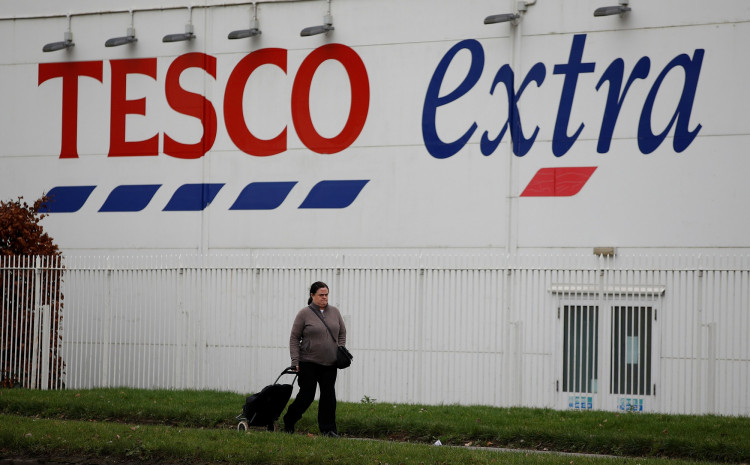Tesco's plan to sell its Asian assets, worth an estimated $10 billion, is potentially in peril as regulators step in to see if it does not go against competition regulations. The British grocery and general merchandise retailer currently has close to 2,000 stores in Thailand and Malaysia, assets that a group of Thailand companies is interested in acquiring.
The multi-billion deal is potentially facing a massive hurdle as the group of companies could be facing regulatory hurdles. Thailand regulators stated that the deal itself is against the country's new anti-competition rules. Thailand's Office of Trade Competition Commission revealed that the winning bidder could potentially become a monopoly, owning more than half of the market share in the retail space.
The agency's chairman, Sakon Varanyuwatana, told reporters that the size and scale of the deal could potentially give the group of Thai companies more than 50 percent of the country's convenience store and supermarket retail landscape. While the regulation does not necessarily prohibit the deal from happening, Thailand's fair competition regulations do require such a deal to first be approved by the country's trade commission.
If the commission finds that any detail of the deal breaks any trade laws, the parties involved could face penalties of up to 0.5 percent of the merger's transaction value. Target's Asian assets are estimated to have a value of up to $10 billion, which means that fines could run up to $50 million.
According to reports citing sources close to the deal, the groups that have expressed interest in buying Tesco's assets are existing retailers in Thailand. If they manage to add Tesco's stores into their own network, they could potentially monopolize the market.
The companies involved in the deal reportedly include Thailand firms CP Group, TCC Group, and Central Group. All of the companies have not responded to questions regarding the transaction.
Tesco initially announced plans of selling its close to 2,000 stores in Thailand and Malaysia last year. The company revealed that it has received offers from potential bidders. However, Tesco has refused to name any of its potential buyers.
The company's stores in Thailand take up around 28 percent of the country's grocery market. If the groups manage to acquire the assets, it could give them access to Tesco's well-established supply chain, effectively giving them the power to set prices for both customers and suppliers.
Thailand's anti-competition office had stated that Tesco's bidders will have to first get approval prior to transacting with the British company. This will ensure that the firms have done their due diligence, which should include deep analysis on the deal's impact on their own business and the country's retail sector.






